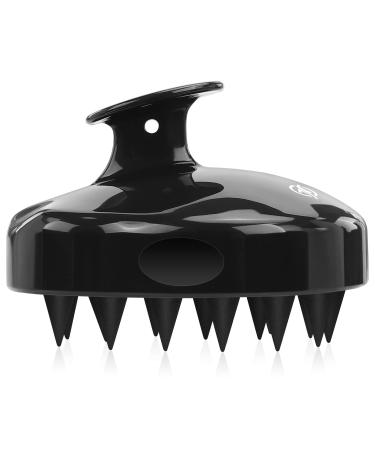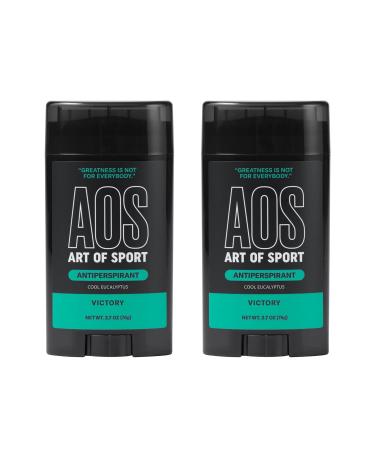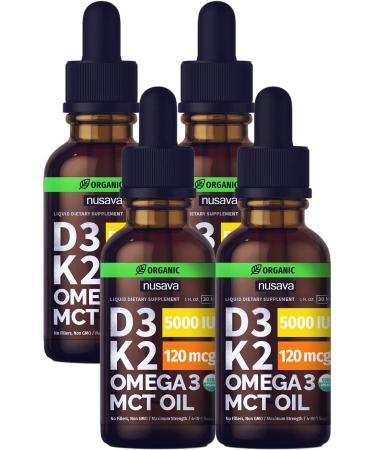Diets deficient in zinc lead to impaired immunity and delayed recovery from and worse outcomes following infection. Sustained insufficient zinc intake leads to dysregulation of the innate immune response and increases susceptibility to infection whereas zinc supplementation in at-risk populations has been shown to restore host defense. Upon infection, zinc deficiency leads to increased pathology due to imbalance in key signaling networks that result in excessive inflammation and collateral tissue damage. In particular, zinc impacts macrophage function, a critical front-line cell in host defense, in addition to other immune cells. Deficits in zinc adversely impact macrophage function resulting in dysregulation of phagocytosis, intracellular destroying, and cytokine production. Zinc is also critical for several transporter proteins required for proper bioredistribution of zinc within mononuclear cells to achieve an optimal immune response.
Andrographis
Andrographis paniculata is a plant that has been effectively used in traditional Asian medicines for centuries. The aerial part of the plant, used medicinally, contains a large number of chemical constituents, mainly lactones, diterpenoids, diterpene glycosides, flavonoids, and flavonoid glycosides. Controlled clinical trials report its safe and effective use for reducing symptoms of upper respiratory tract infections. Andrographis also exhibits immunomodulatory effects by effectively enhancing cytotoxic T cells , phagocytosis, and antibody-dependent cell-mediated cytotoxicity (ADCC).
Andrographis is an annual plant, 1-3 ft high, that is one of the most commonly used plants in the traditional systems of Unani and Ayurvedic medicines. It is also used as a traditional herbal medicine in China, Hong Kong, the Philippines, Malaysia, Indonesia, and Thailand.
Doctor's Best Immune Support with Andrographis uses AP-Bio, a fast-acting Andrographis paniculata with 7 bioactives, clinically researched to manage all the symptoms of overall immune health at a low dose. Andrographis paniculata is widely used in India and China as traditional medicine for managing upper respiratory conditions that include cough, expectoration, nasal discharge, headache, fever, sore throat, earache, sleep disturbance, and malaise or fatigue. Most of the commonly used remedies target only 1 or 2 conditions whereas AP-Bio is known to support the management of multiple conditions providing faster relief. AP-Bio is standardized into 7 phytoconstituents -Andrographolide, Isoandrographolide, Neoandrographolide, 14-deoxy-11,12-didehydroandrographolide, Andrograpanin, Skullcapflavone-I, and 7-O-methylwogonin.



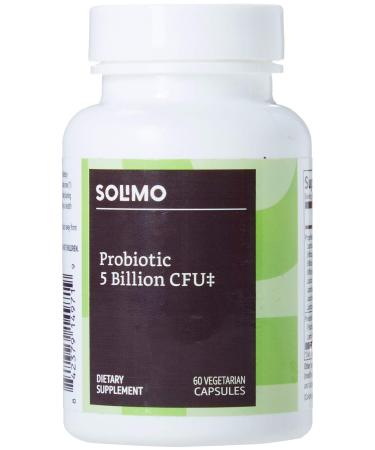

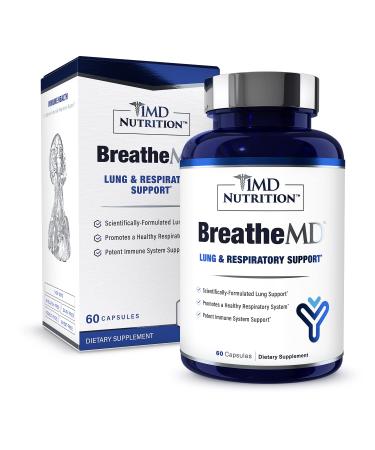
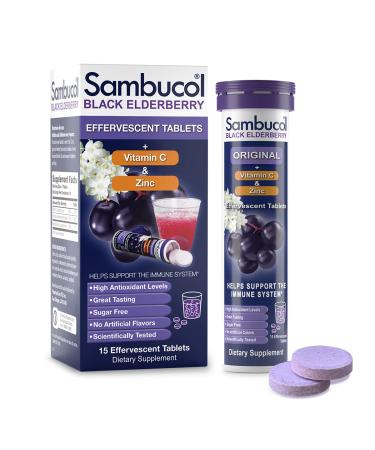





![Stewart Freeze Dried Dog Treats Made in USA [Single Ingredient Puppy and Dog Training Treats - Grain Free Natural Dog Treats] Resealable Tub to Preserve Freshness](https://www.gosupps.com/media/catalog/product/cache/25/small_image/375x450/9df78eab33525d08d6e5fb8d27136e95/6/1/61gwbbixarl._ac_sl1500_.jpg)



